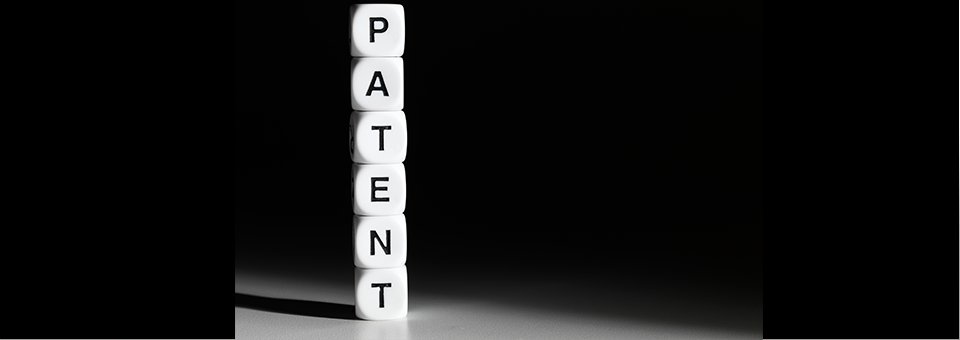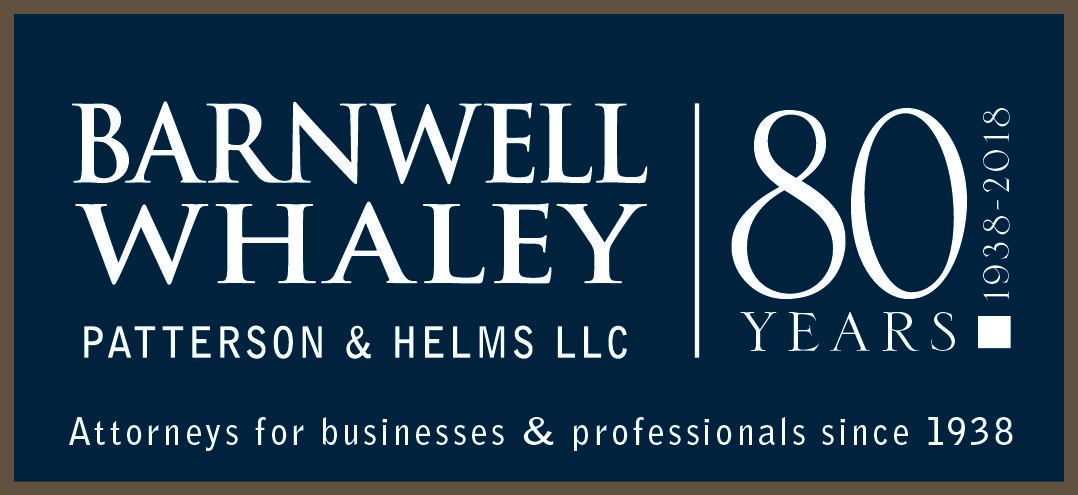
In re: Marco Guldenaar Holding B.V.
No. 2017-2465 Fed. Cir. Dec. 28, 2018 Before Circuit Judges Chen, Mayer, and Bryson. Opinion by Circuit Judge Chen. Concurring opinion by Circuit Judge Mayer.
This case came before the Court on appeal from the decision of the Patent Trial and Appeal Board (Board) affirming the rejection of claims under 35 U.S.C. § 101 directed to the abstract idea of rules for playing a dice game. Finding that “the only arguable inventive concept relates to the dice markings,” the Court affirmed the Board.
The majority stated that patent eligibility under 35 U.S.C. § 101 is a question of law that may contain underlying issues of fact. Reiterating that laws of nature, natural phenomena, and abstract ideas are not patentable, the majority found that the claims were directed to an abstract idea, citing In re Smith, 815 F.3d 816 (Fed. Cir. 2016). In Smith, which involved a method of conducting a wagering game using cards, the Court agreed that the phrase “methods of organizing human activities” can be confusing and potentially misused in an abstract idea analysis, but found the claims in issue were directed to an abstract idea.
Then, applying step 2 of Alice, the Court determined that the steps of placing a wager, rolling dice, and paying a payout amount if at least one wagered outcome occurs — none of which Appellant disputed —
are “purely conventional,” either alone or in combination. Citing Mayo, the Court stated that “merely appending conventional steps to an abstract idea is not enough for patent eligibility.”
Appellant argued that, since the dice as claimed have markings that are not conventional, the claimed method amounts to “significantly more” than an abstract idea. The Court rejected this argument, finding that the “markings on Appellant’s dice, however, constitute printed matter” and that “this court has generally found printed matter to fall outside the scope of § 101.” The Court suggested that, if markings on a die caused the die to have new functionality, then patentable subject matter might be present.
The Court rejected appellant’s argument on appeal that the Board improperly treated claim 1 as representative of the rejected claims. Separate consideration by the Board for each of appealed claim requires substantive argument beyond “a mere recitation of the claim elements and a naked assertion that the corresponding elements were not found in the prior art.”
Judge Mayer, concurring in the result, stated his view that subject matter eligibility under 35 U.S.C. §101 is a pure question of law. He also opined that “claims directed to dice, card, and board games can never meet the section 101 threshold because they endeavor to influence human behavior rather than effect technological change.”
Read more: Federal Bar member attorneys may access the full case summary by Barnwell Whaley attorney Bill Killough in the January issue of Federal Circuit Case Digest.
Additionally, you may read the full opinion here.
Image: istock

B.C. “Bill” Killough is a registered patent attorney with Barnwell Whaley law firm with offices in Charleston, SC and Wilmington, NC. On behalf of his clients, Bill has obtained more than 300 United States patents, participated in prosecuting more than 100 foreign patent applications and he has filed more than 1000 trademark applications with the US Patent and Trademark Offices.




